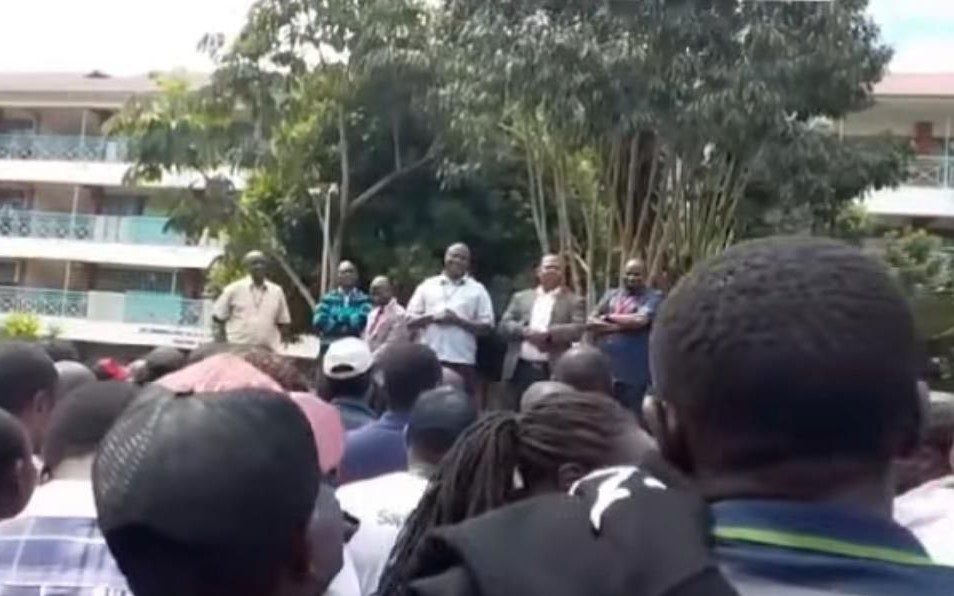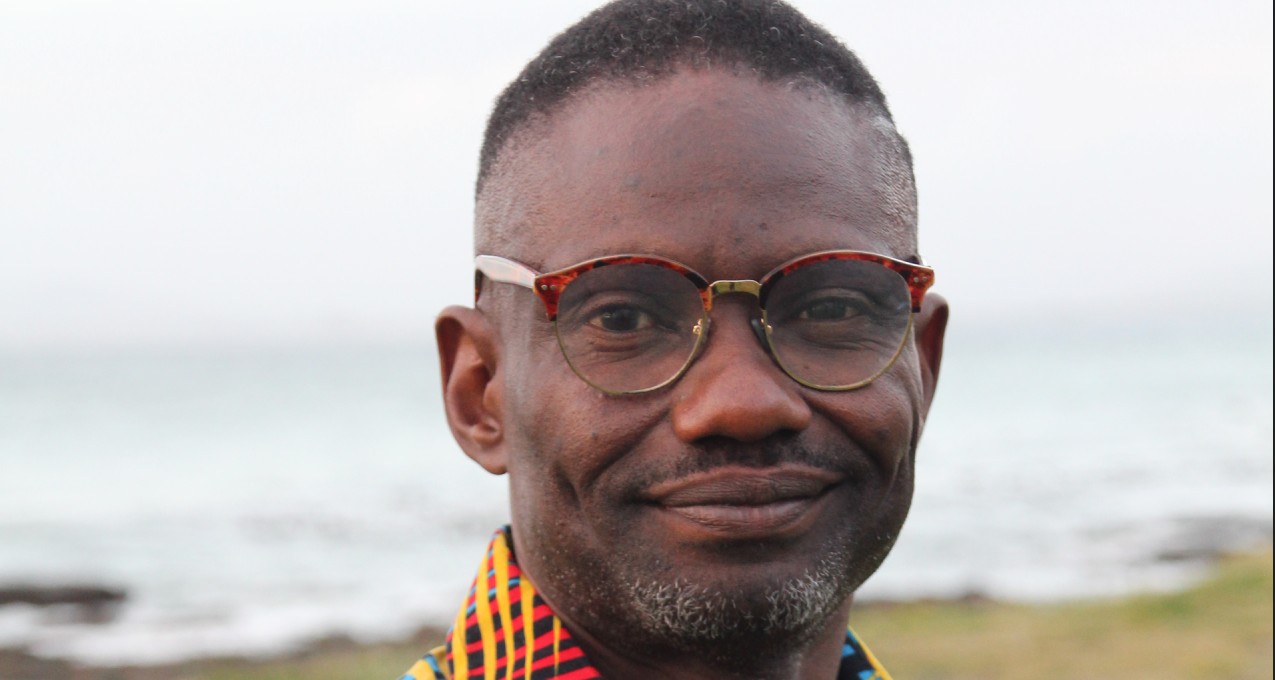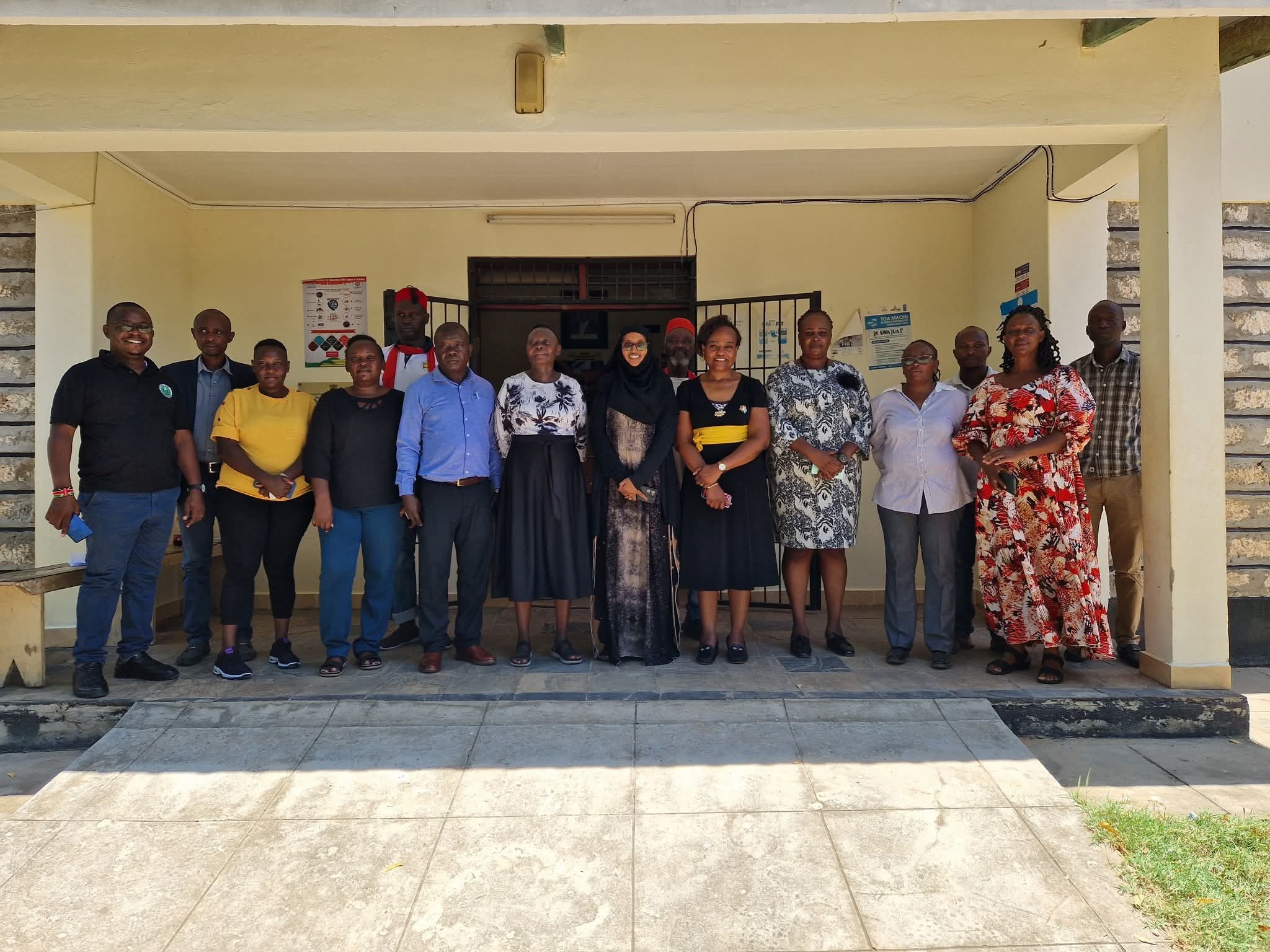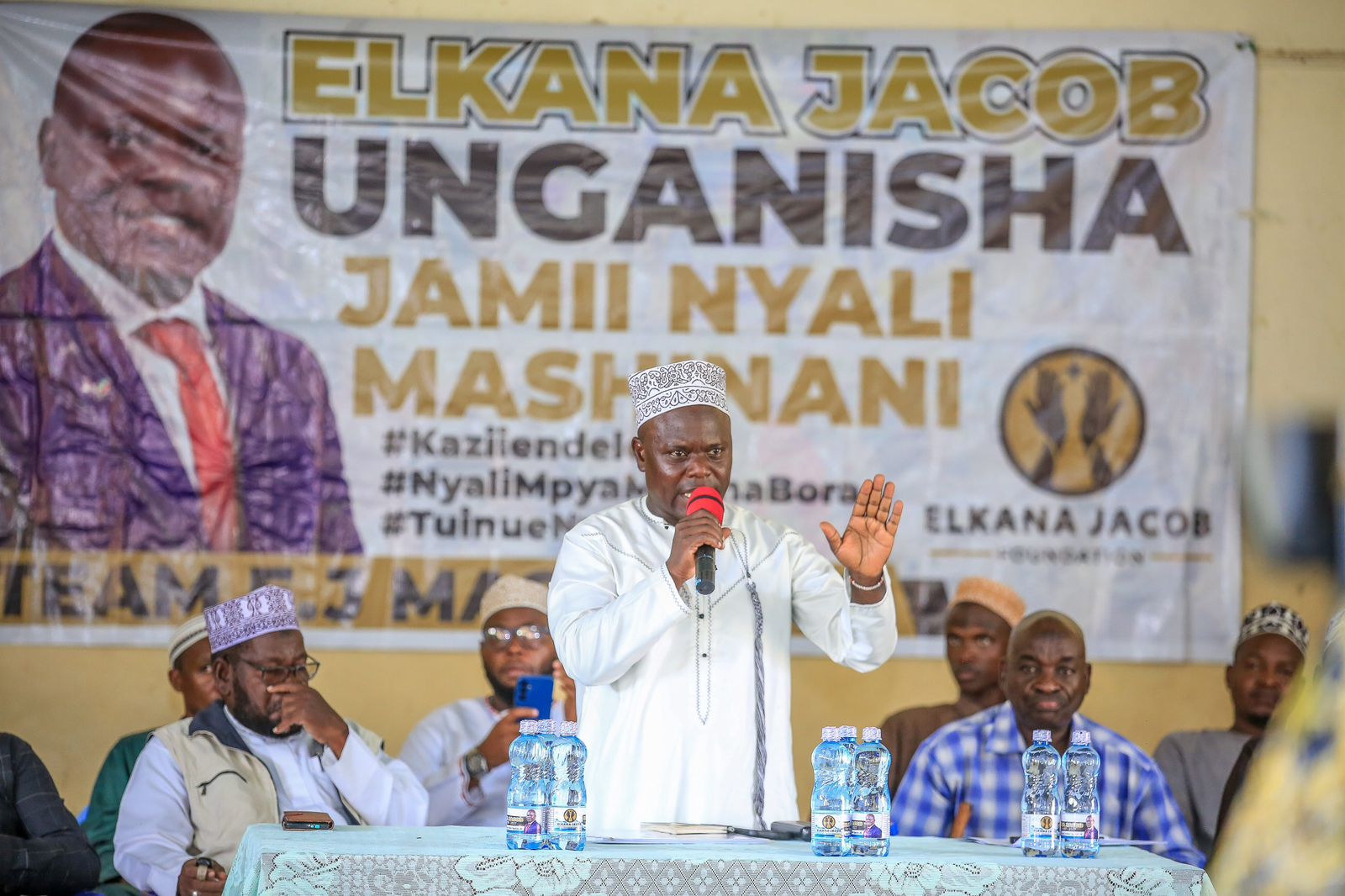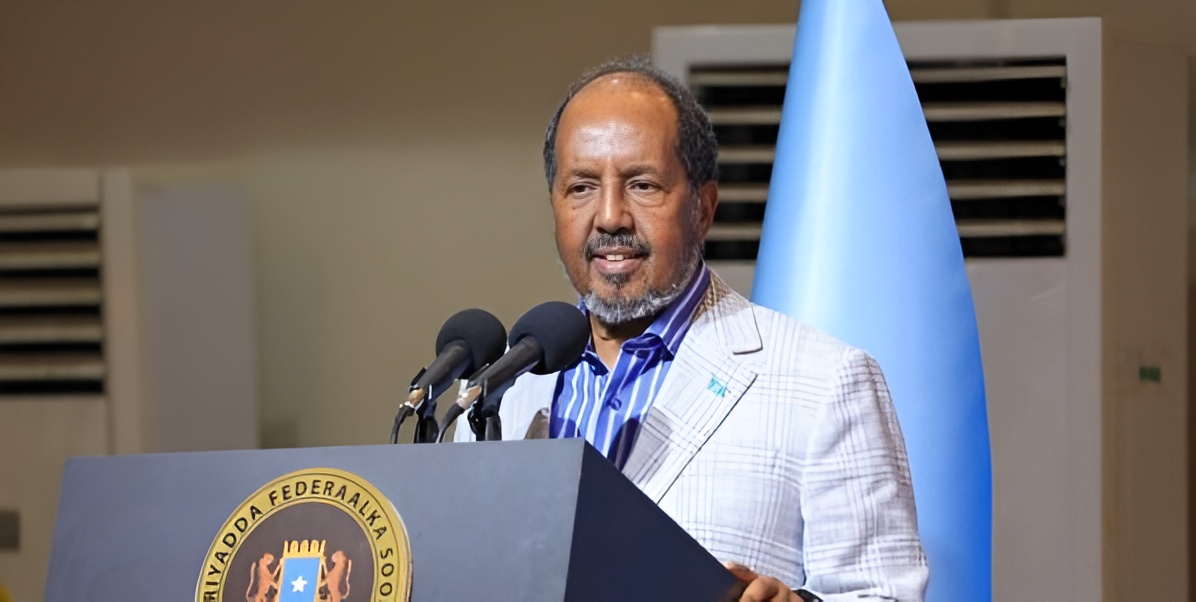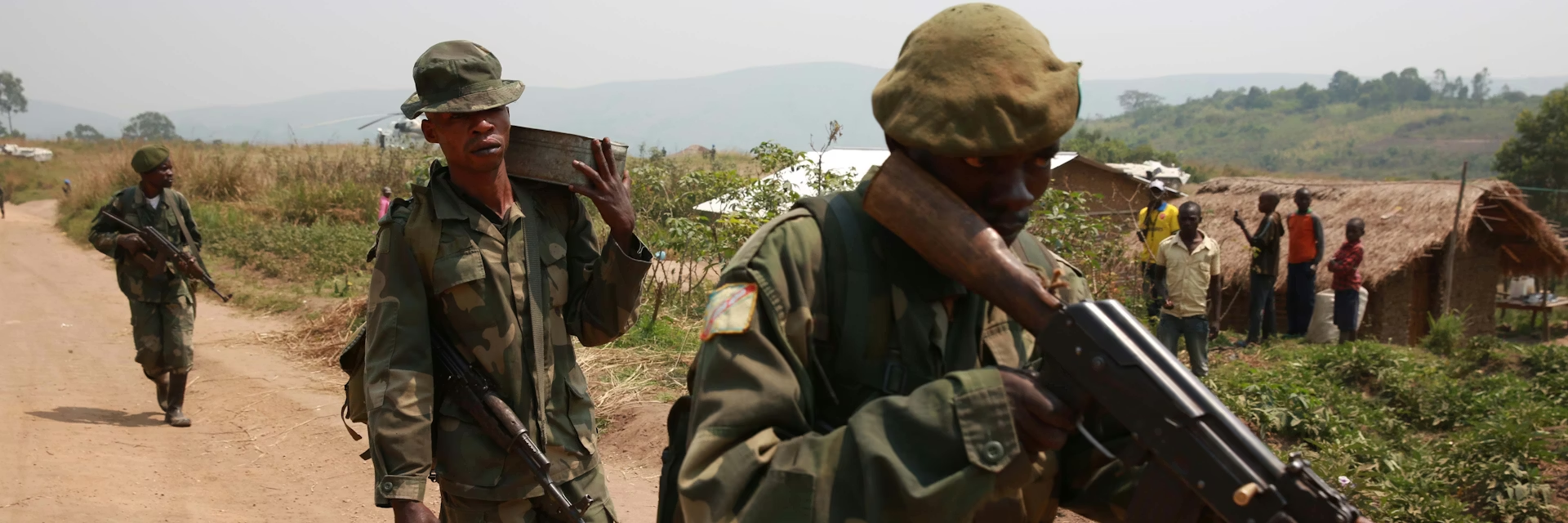Legal illiteracy fuels conflict and injustice in Turkana, summit reveals
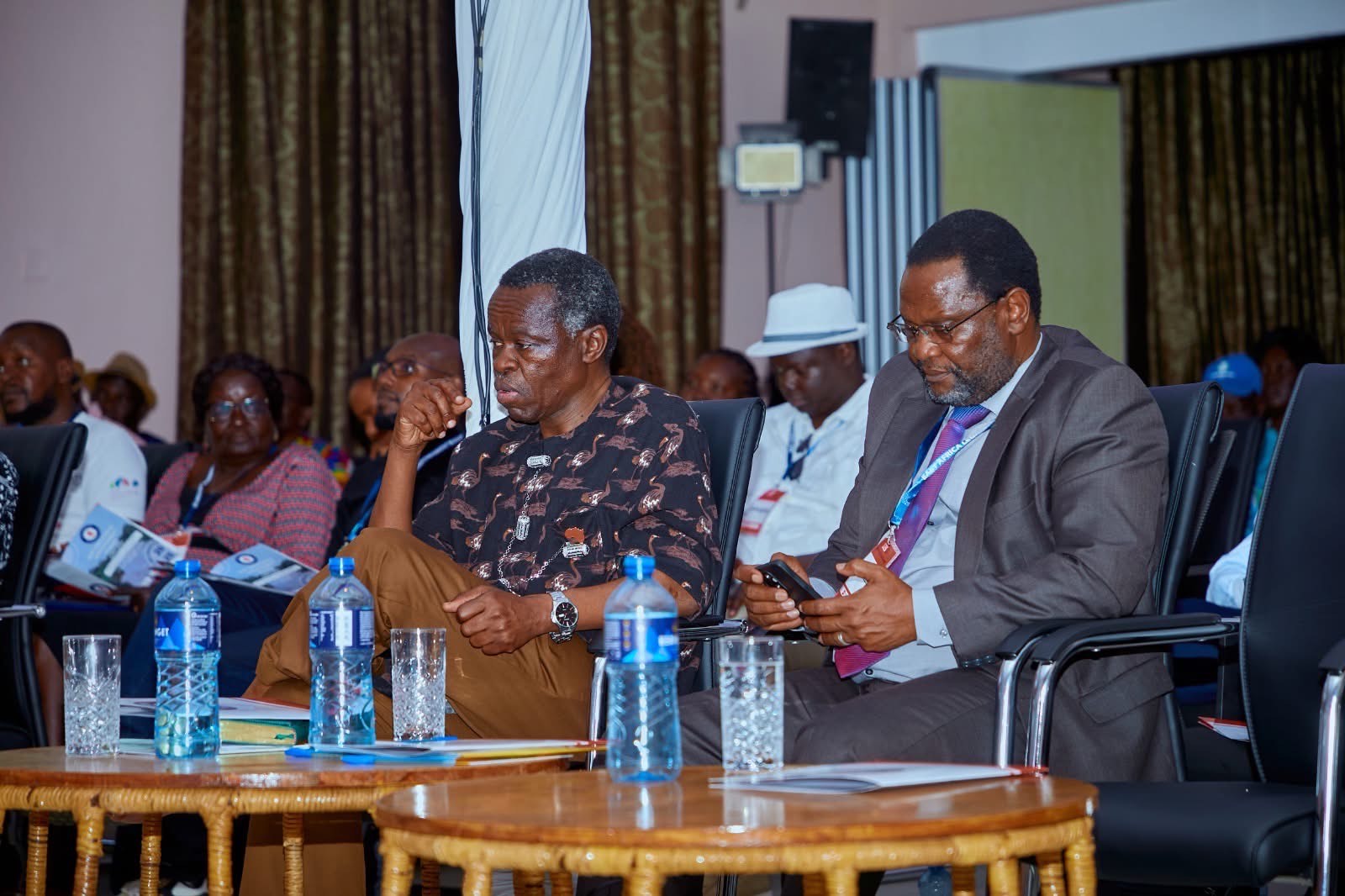
Organisers pointed out that legal illiteracy often leads to wrongful arrests, unjust trials and the perpetuation of harmful cultural practices masquerading as traditions.
Ignorance of the law remains a key driver of conflict, marginalisation and injustice in Turkana County, according to findings revealed at the recently concluded inaugural Legal Empowerment Summit.
Community leaders and experts at the summit called for greater legal empowerment to address marginalisation and strengthen the justice system.
More To Read
- UNICEF, Save the Children hail Turkana’s progress in tackling malnutrition
- Turkana marks World AIDS Day with stark warning over rising HIV infections
- Review meeting highlights barriers to immunisation, maternal health in Turkana
- Turkana stakeholders urge reforms to fisheries Bill to protect local fishers and blue economy
- Ruto calls for renewed global commitment to protecting refugees as Kenya hosts landmark judicial conference
- Turkana eyes stronger peace push as EU-backed project targets conflict, climate threats
Held in partnership with the County Government of Turkana, Kituo Cha Sheria and other stakeholders, the summit brought together legal scholars, practitioners, and community leaders to tackle the widespread lack of legal awareness that has long plagued the region.
Organisers pointed out that legal illiteracy often leads to wrongful arrests, unjust trials and the perpetuation of harmful cultural practices masquerading as traditions.
Turkana’s Deputy Governor, Dr John Erus, highlighted the Shirika Plan, an agreement guiding refugee–host relations, as a glaring example of legal misinterpretation due to limited public awareness. He stressed the urgent need for sensitisation to prevent miscommunication and avoid unnecessary conflict between locals and refugees.
“It is imperative that the public, especially those in refugee-hosting areas, are properly informed about the Shirika Plan. This will not only prevent misunderstandings but also foster peaceful coexistence,” Dr Erus stated.
He called for collaboration with the Department of Refugee Services to extend awareness campaigns across Turkana and Garissa counties.
Keynote speaker, Professor PL O Lumumba, a renowned Pan-Africanist and legal scholar, emphasised the power of legal knowledge as a tool for empowerment. “Legal knowledge is not confined to formal systems of law. It also encompasses traditional systems such as the Akiriket, a revered council of elders in Turkana that has historically resolved disputes.”
Drawing comparisons with successful alternative justice models such as Rwanda’s gacaca courts and Burundi’s home-grown systems, Lumumba advocated for a re-evaluation of Turkana’s reliance on formal courts.
“We need to integrate our traditional mechanisms into the modern legal framework,” he urged.
Jackson Nakusa, Chair of the Turkana Professionals Association, underscored the importance of grassroots outreach to bridge the legal knowledge gap.
“Legal empowerment must reach the sub-county, ward and village levels. Many people end up in jail simply because they do not understand the legal language,” he explained.
The summit also highlighted the county’s struggle with access to justice. Turkana currently has only two fully functional courts—in Lodwar and Kakuma. Speaker of the Turkana County Assembly, Charles Lokioto, lamented the lack of infrastructure for legal services in such a vast region.
Resident Judge P. J. Otieno acknowledged the challenge but shared optimistic news of ongoing expansion efforts.
“We have secured infrastructure for new courts in Lokichar and Lokitaung, which will soon be operational,” Otieno said.
He also noted that monthly mobile courts and outreach programmes were already in place to bring justice closer to the people.
The summit’s organisers revealed plans to extend the initiative beyond Turkana, targeting the wider Ateker community, which spans Kenya, Uganda, Ethiopia and South Sudan. The goal is to address shared legal and cultural challenges across national borders.
“This inaugural summit was a success, both in terms of attendance and the quality of discussions,” said Emanman Ewoi, Executive Director of Article 43. “In future editions, we aim to include other Ateker populations to foster regional legal empowerment.”
Other speakers, including constitutional lawyer Dr Ekuru Aukot, stressed the urgency of bridging the legal awareness gap, especially for vulnerable communities. Discussions also covered critical issues such as gender rights, land ownership amid oil exploration, perennial border conflicts and the impact of executive orders on cross-border communities.
Top Stories Today




